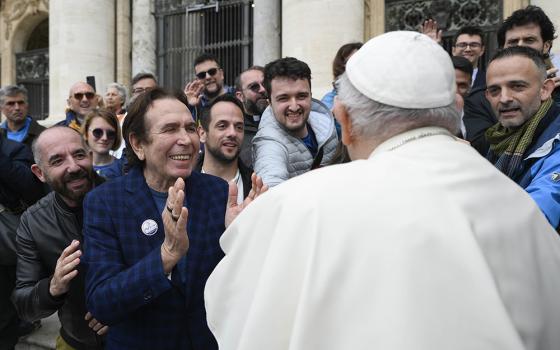The future of the Occupy Wall Street protests remains in doubt, after a court upheld Mayor Michael Bloomberg’s decision to evict the 24/7 encampments from lower Manhattan. Similar efforts in other cities to rein in the protests have been undertaken, most notably in Oakland, after someone was shot and killed near the protest site in that city.
The Occupy Wall Street movement should declare victory but they should not go home, if by “go home” we mean abandon the field. Their victory lay in the fact that the protests have changed the national discussion, inserting a new metaphor, the 99%, into our nation’s political discourse. They have reinserted some populist vigor into the left, reminding the country that it is not only government bureaucracy that threatens Americans’ freedom and prosperity, but the decisions and practices of the titans of the financial class. They took the Republican charge that the Democrats were engaged in class warfare and turned it on its head by pointing out that there is already some degree of class warfare going on, but only one side in that war has been fighting and winning for lo, these many years.
But, along with these positive developments, the specter of violence and, more generally, what we might call the grunge appeal of the protest movement, did not have long legs. People can admire anyone who stands up for principle. But, they are less likely to join a cause if it requires a sleeping bag, a tent, and little in the way of hot showers. We may sympathize with the cause, but we aren’t going to drop everything and begin camping out in a park. Who would feed the dogs? Take care of the kids? &c.
The task for the Occupy Wall Street protesters, and especially their sympathizers, is to channel their protest into productive political change. Instead of camping out in a park, better to get washed up and go to your local congressman’s next town hall meeting. Time to write letters to the editor at your local newspaper. Time to speak with your friends and family over the holidays and insist on talking about politics at the dinner table. Time to make sure everyone you know is registered to vote. Time to speak to your pastor and ask why he is not addressing the issue of poverty from the pulpit, as Archbishop Timothy Dolan encouraged bishops and priests to do earlier this autumn. Ask your priest or your bishop what they think of the new document from the Holy See on the world financial crisis.
In short, it is time to take a “protest” and turn it into politics. Here is where the Tea Party, to which the Occupy Movement is often compared, succeeded in large measure. They did not win every race, to be sure, and Senators Chris Coons of Delaware, Michael Bennet of Colorado, and Harry Reid of Nevada have the fact of Tea Party over-reach to thank for their wins in 2010. But, the Tea Party ran enough GOP House candidates, and won, and scared the rest of the GOP caucus into falling into line, that their political influence in Washington today can scarcely be denied. Can the Occupy Movement achieve such a sea change in the political landscape?
I confess that I could not be more immune to the romanticism of this, or any other, protest movement. I am not a joiner to begin with and a hot shower is one of life’s greatest joys. I do not like grunge no matter how or why it manifests itself. But, politics is, as the Church has continually taught, a noble enterprise. Indeed, this insight that politics is a noble thing may be the most counter-cultural affirmation the Church makes in our day, as the USCCB’s John Carr said at a panel discussion on “Faithful Citizenship” in New York in September. So, as the tent come down and the sleeping bags get packed up, my advice to the Occupy Movement protesters and their sympathizers is this: It is time to organize, not occupy.




